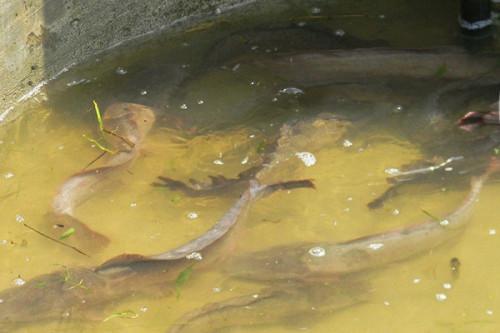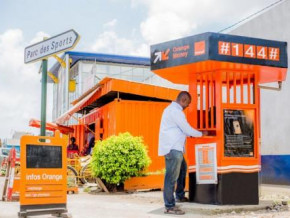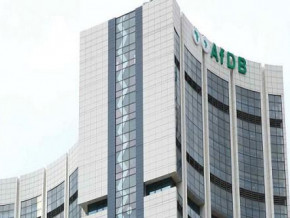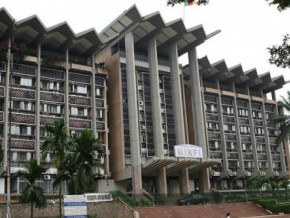
Yaoundé - 26 April 2024 -
Public management
Cameroon : 50 tons of fish supplied to the population during the 2019 holidays thanks to the Agropoles project

(Business in Cameroon) - During the 2019 holiday season, the ponds created in Cameroon with the support of the Agropoles project helped provide 50 tons of fish to the population.
This was revealed by the coordinator of this government project during a recent meeting organized by the Ministry of Commerce on the supply of consumer goods to the market.
Led by the Ministry of Economy, the Agropoles project helps finance income-generating activities in the country's rural areas to promote job creation and, above all, increase national production in order to limit imports.
BRM
Mags frontpage
- Most read 7 days
- shared 1 month
- read 1 month
next
prev






























